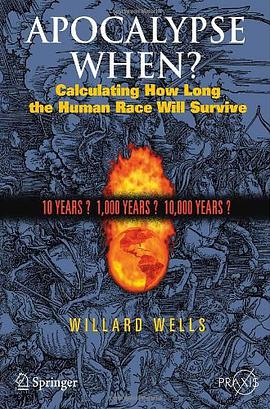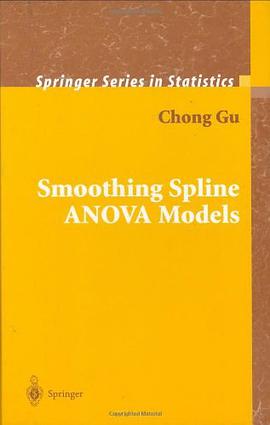

具体描述
This book will be a key trailblazer in a new and upcoming field. The author's predictive approach relies on simple and intuitive probability formulations that will appeal to readers with a modest knowledge of astronomy, mathematics, and statistics. Wells' carefully erected theory stands on a sure footing and thus should serve as the basis of many rational predictions of survival in the face of not only natural disasters such as hits by asteroids or comets, but perhaps more surprisingly from man-made hazards arising from genetic engineering or robotics. Any formula for predicting human survival will invite controversy. Dr Wells counters anticipated criticism with a thorough approach in which four lines of reasoning are used to arrive at the same survival formula. One uses empirical survival statistics for business firms and stage shows. Another is based on uncertainty of risk rates. The third, more abstract, invokes Laplace's principle of insufficient reason and involves an observer's random arrival in the lifetime of the entity (the human race) in question. The fourth uses Bayesian theory. The author carefully explains and gives examples of the conditions under which his principle is valid and provides evidence that can counteract the arguments of critics who would reject it entirely. His deflection of possible criticisms results from two major premises: selecting the proper random variable and "reference class" to make predictions, and the recognition that if one does not know the law that governs a process, then the best prediction that can be made is his own formula.
作者简介
目录信息
读后感
评分
评分
评分
评分
用户评价
相关图书
本站所有内容均为互联网搜索引擎提供的公开搜索信息,本站不存储任何数据与内容,任何内容与数据均与本站无关,如有需要请联系相关搜索引擎包括但不限于百度,google,bing,sogou 等
© 2026 book.wenda123.org All Rights Reserved. 图书目录大全 版权所有




















